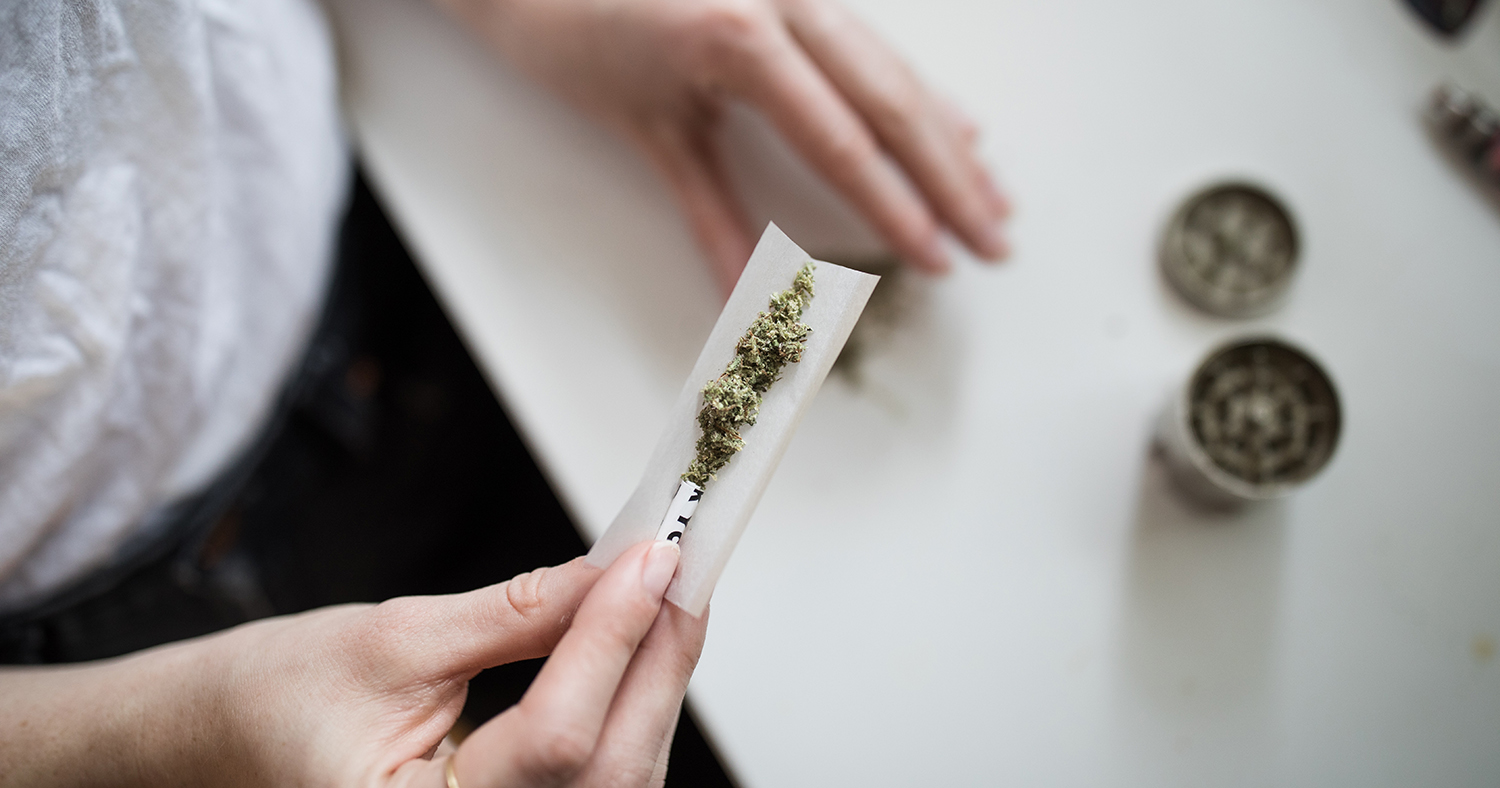The Ministry of Home Affairs (MHA) on Friday evening issued a statement countering claims made in an Asia Times article on drugs and Singapore's laws.
Article claimed K. Shanmugam peddled misleading statistics
The op-ed, “Singapore minister spreading disinformation about drug policy”, alleged that Home Affairs and Law Minister K Shanmugam has been peddling "poorly informed and inflammatory" claims to back Singapore's drug policy.
Its author, Gen Sander, is a human-rights analyst at Harm Reduction international, a non-government organisation that works to "reduce the negative health, social and legal impacts of drug use and drug policies".
Sander's article, dated July 17, asserted that the statistics used by the minister to justify the harsh stance Singapore takes against drug use and abuse are wrong or cannot be verified by existing evidence.
Examples he cited include drug mortality rates in Portugal, crime rates in Colorado, U.S. in relation to cannabis decriminalisation, as well as the financial cost of mitigating the downstream effects of cannabis legalisation.
Sander also claimed that Singapore's death penalty is not an effective deterrent in the fight against drugs.
Using statistics from a 2018 World Drug Report, which acknowledged that the global drug market is flourishing, Sander wrote that there is "no evidence that the death penalty has any unique deterrent effect on either the supply of drugs, or the use of drugs".
MHA provides list of studies
In its response statement on Friday, MHA provided a list of studies on the social cost of decriminalising drugs and the impact of cannabis decriminalisation on crime rate.
Social costs of drug abuse
With respect to the social costs of drug abuse, the ministry mentioned a U.S. study that showed an increase in the number of foster care entries coinciding with a surge in opioid uses and overdoses between 2012 and 2017.
Drug mortality rates in Portugal also increased 150 per cent between 2001 and 2008 after drugs were decriminalised, according to a 2011 UC Berkeley study provided by the ministry.
Countering Sander's claim that decriminalisation is more cost-effective than prohibitionist approaches, MHA cited a Centennial Institute study that concluded that "the costs associated with commercial marijuana are only going to go up as the long-term health consequences have not been fully determined".
Clear relationship between cannabis and crime
MHA also provided studies that showed a clear relationship between cannabis and crime.
The city of Colorado reported a 8.3 per cent increase in property crime and 18.6 per cent increase in violent crimes from 2013 to 2016 after cannabis was legalised, according to a study by the Strategic Intelligence Unit.
In Los Angeles, crime rates in 2014 increased after a cannabis dispensary was opened the previous year, according to this study.
"Homicides increased by 245 per cent; robbery increased by 49 per cent; aggravated assault went up by 44 per cent; larceny jumped by 38 per cent; and motor vehicle theft rose by 22 per cent the following year," said MHA.
MHA: Death penalty is an effective deterrent
On the subject of the death penalty, MHA insisted that when used with other measures, it is an effective deterrent:
"We adopt a multi-pronged strategy, targeted at reducing both drug supply and drug demand, and with emphasis on rehabilitating drug abusers. This is achieved through preventive drug education, tough laws and robust enforcement, and a structured and evidence-based rehabilitation framework."
In particular, MHA pointed out that Singapore's drug situation is under control, and the country is relatively drug-free.
"In 2018, the number of drug abusers arrested comprised less than 0.1 per cent of our population," it said.
Top photo by Thought Catalog on Unsplash
If you like what you read, follow us on Facebook, Instagram, Twitter and Telegram to get the latest updates.
